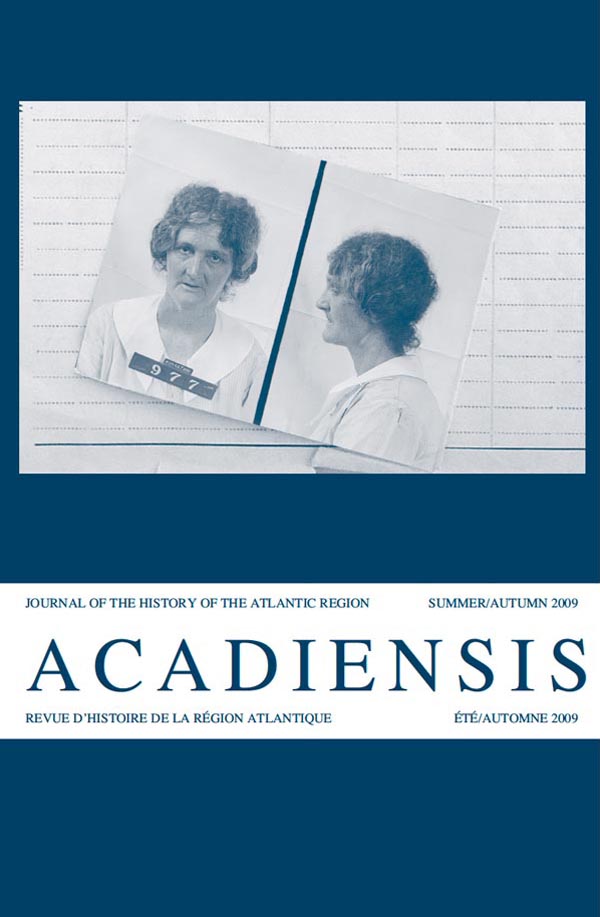Abstract
Prince Edward Island (colonial Saint John’s Island) is unique among slaveholding jurisdictions in what is now Canada both for having enacted in 1781 an embryonic slave code and for doing so before the unanticipated post-war migration of American Loyalists that was responsible for most of the slaves brought there. This is an anomaly that begs for explanation. Placing it in the context of the Loyalist experience of slaves and slaveholders in Atlantic Canada, this article examines the Prince Edward Island case from the perspective of law and slavery in 18th-century Scotland and the Scottish regime on Prince Edward Island. Résumé L’Île-du-Prince-Édouard (la colonie de l’île Saint-Jean) est un cas unique parmi les territoires ayant permis l’esclavage dans ce qui constitue maintenant le Canada, à la fois pour avoir voté un code esclavagiste embryonnaire en 1781 et pour l’avoir fait avant la migration imprévue de Loyalistes après la guerre de l’Indépendance américaine, qui fut à l’origine de la venue de la plupart des esclaves qui y furent amenés. C’est là une anomalie qui exige une explication. Cet article examine le cas de l’Île-du-Prince-Édouard en le situant dans le contexte de l’expérience loyaliste en matière d’esclavage au Canada atlantique, dans la perspective du droit et de l’esclavagisme dans l’Écosse du 18e siècle et du régime écossais à l’Île-du-Prince-Édouard.Copyright for articles published in this journal is retained by the author(s), with Acadiensis being granted a non-exclusive licence to each and every right in the work throughout the world. After publication of the work, the author(s) shall have the right to self-archive the work and to reprint the work in whole or in part in books authored by or edited by the author(s) without the payment of any fee. In these other formats, however, the author or authors are required to acknowledge the original publication of the work in the pages of the journal. In the case of any requests to reprint the work, Acadiensis will require a standard permission fee -- to be divided equally between the journal and the author. In the event that such requests are received by the author(s), the author(s) shall direct such requests to the journal.

